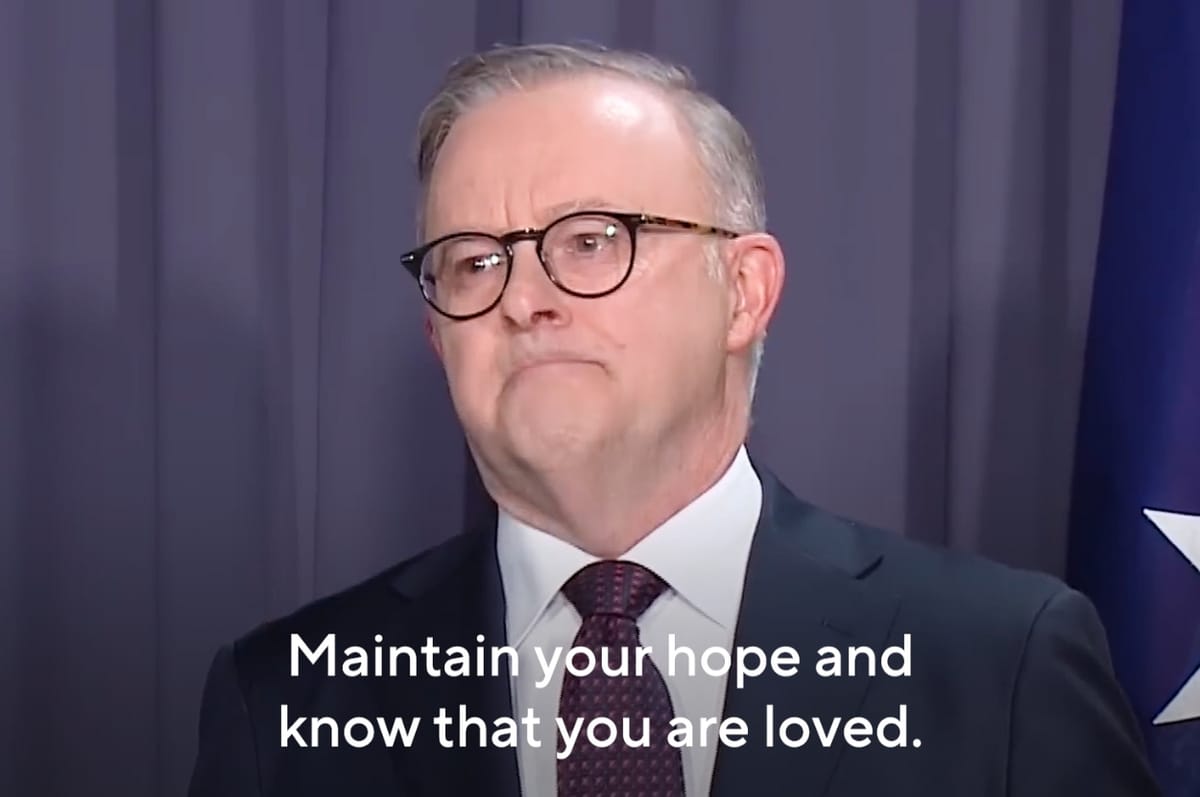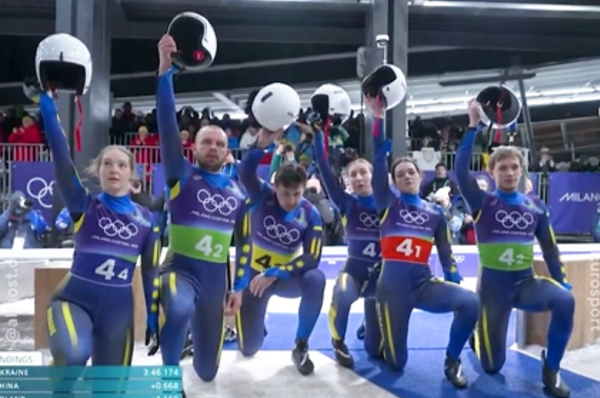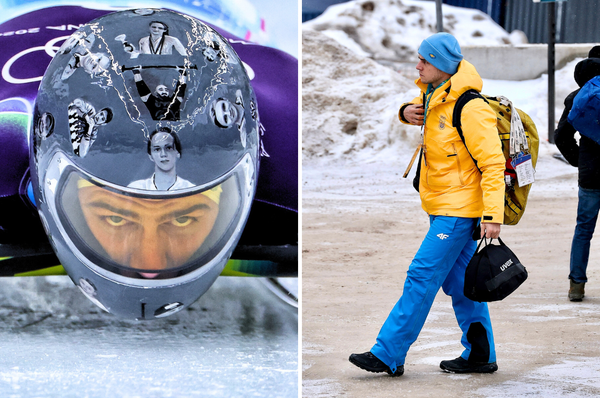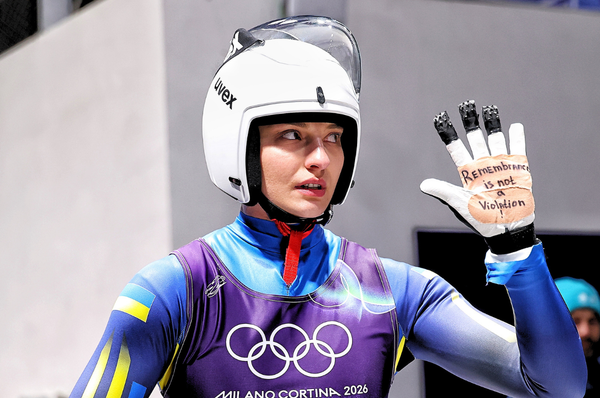Australia’s Prime Minister Gave A Moving Speech About Not Losing Hope After An Indigenous Rights Referendum Failed
“We argued for this change not out of convenience but from conviction, because that’s what people deserve from their government.”

Australia’s prime minister Anthony Albanese gave a tearful, moving speech about not losing hope after a referendum on including Indigenous people in the country’s constitution failed to pass.
Named “The Voice”, the referendum was announced by Albanese’s government in June.
It asked Australians whether they agreed to alter the constitution to include Indigenous people by creating a committee of Indigenous representatives to advise on government policies that affect Indigenous people.
Currently, Australia’s constitution does not include any mention of Indigenous Australians, who have occupied the country for at least 65,000 years.
Indigenous Australians make up about 3.2% of Australia’s population but historically been marginalized.
However, on Saturday Oct. 14, with almost 70% of the vote counted, the referendum failed to pass, with the “No” vote leading the “Yes” vote by 60% to 40%.
Speaking after the preliminary results, Albanese, who had supported the “Yes” vote, said that it was not the result that he had hoped for but he “absolutely respected the decision of the Australian people and the democratic process that has delivered it”.
He called on people who had voted “Yes” to meet the result with the “same grace and humility” as the Indigenous leaders who had presented the Uluru Statement from the Heart – a 2017 petition endorsed by Aboriginal Australian and Torres Strait Islander leaders that first called for the constitutional reform.
He said that he had given his word to the Indigenous leaders that his government would answer their “generous and gracious call”.
“I never imagined or indeed said that it would be easy. Very few things in public life worth doing are,” he said. “Nor could I guarantee the referendum would succeed. History told us that only eight out of 44 had done so. What I could promise was that we would go all in, that we would try. And we have.”
“We argued for this change not out of convenience but from conviction, because that’s what people deserve from their government,” he said. “And of course, when you do the hard things, when you aim high, sometimes you fall short. And tonight, we acknowledge, understand and respect that we have.”
He said that he accepts responsibility for the decisions he has made as prime minister but wanted Australians to know that he will always be ambitious for Australia.
He said that the moment of disagreement will not define nor divide Australians, calling for them to come together and find a different way to reconciliation with Indigenous people.
He acknowledged the decades of work Indigenous people had put into the campaign, saying he was honored and humbled to witness their courage and grace.
“You continue to inspire me and make me prouder than ever to be Australian. I have never been as proud to be Australian as when I sat in the red dirt at Uluru with those wonderful women. I have made lifetime friends. And for that, I am grateful,” he said.
“Constitutional change may not have happened tonight, but change has happened in our great nation. Respect and recognition is given at events. The fullness of our history has begun to be told. Maintain your hope and know that you are loved,” he said.
He concluded by saying that the result of the referendum was not the end of the road.
“The issues we sought to address have not gone away, and neither have the people of goodwill and good heart who want to address them,” Albanese said.
“And address them we will, with hope in our heart, with faith in each other, with kindness towards each other. Walking together in a spirit of unity and healing. Walking together for a better future for the first Australians, whose generosity of spirit and resilience intensifies the privilege that all Australians have of sharing this continent with the oldest continuous culture on earth,” he said.
“From tomorrow, we will continue to write the next chapter in that great Australian Story. And we will write it together. And reconciliation must be a part of that chapter,” he said.





